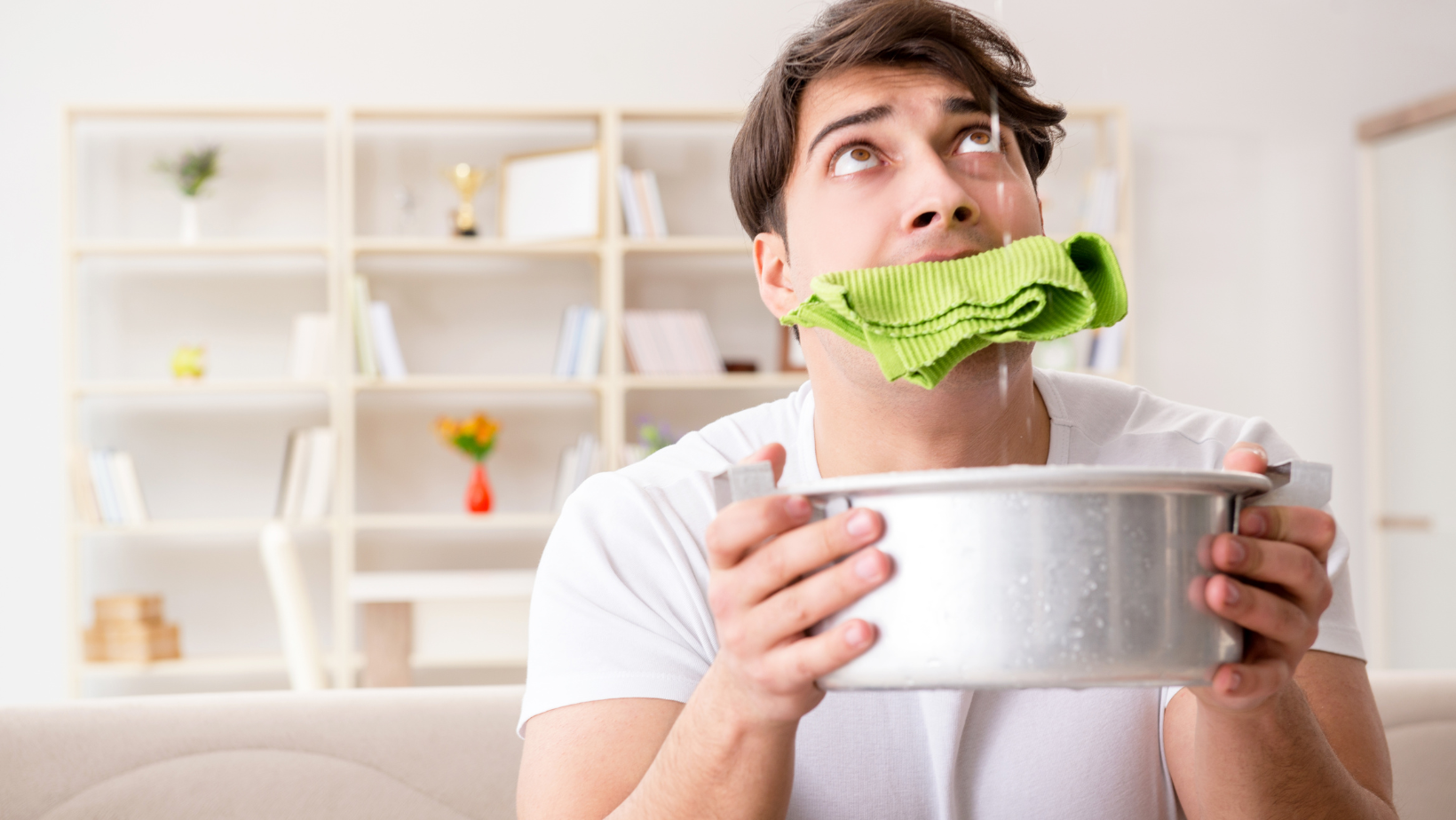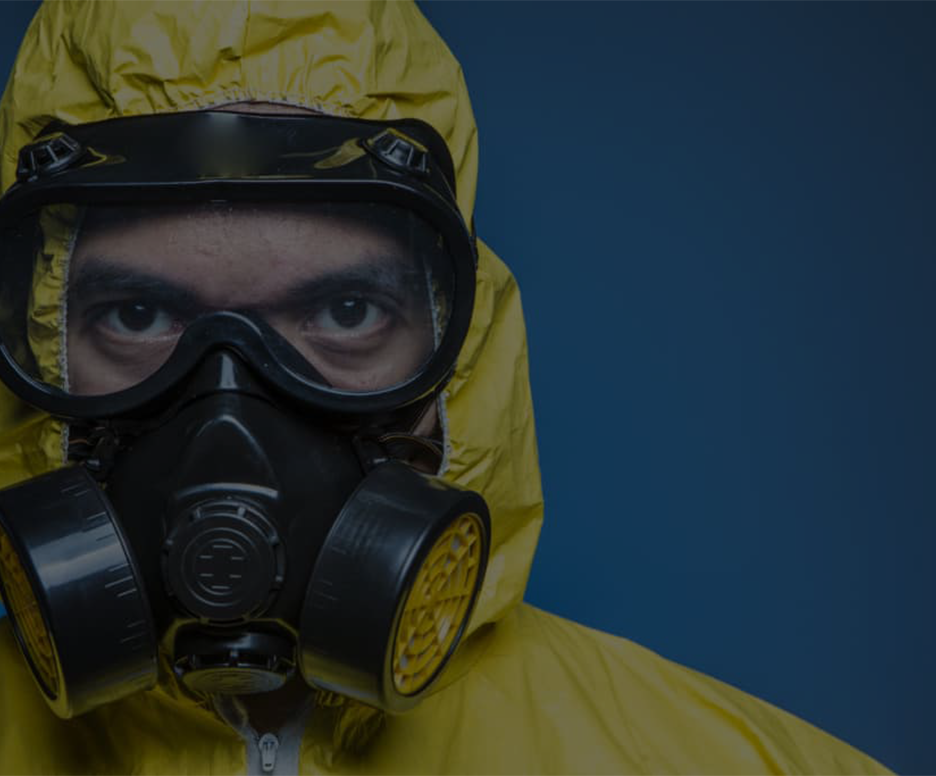
Homeowner Water Damage – Who Is Responsible?
By: 911 Water Damage Experts
Whenever water damage happens, it can be difficult to determine whose fault it is really.
The water damage receives attention from the Homeowners Association (HOA) whenever heavy rainfall occurs.
So who should be responsible for the HOA water damage?
Initially, both the owner and the HOA hold a significant amount of responsibility for a unit.
If the damage happens inside, then the responsibility falls upon the owner, and if the damage of a unit is on the outside, the exterior, then the responsibility falls on the HOA.
However, in those cases when water damage occurs, and the water manages to get inside and comes from the outside, whose responsibility is it then?
This is when things can get even more complicated because usually insurance companies do not cover any water damage.
This means that any and all responsibility should be assumed by both the owner and the HOA.
Whenever any water damage occurs, time is of the utmost importance, especially because the water damage may quickly expand and go beyond any control.
It is essential to act instead of arguing about who should bear the costs and act quickly.
Mould can form in no time and it can endanger anyone who is living there.
Here’s a list of mould-induced symptoms to look out for.
So after coming face-to-face with this, you will need to know whose responsibility it is and how to fix it.
Homeowner water damage tip 1. Check your governing documents
The documents should be able to provide you with a clear and extensive answer on this particular subject.
The governing association documents should provide clear instructions on whose responsibility it is to fix any water damage that may happen, so you will know where to turn next.
For example, if the negligence of the association leads to water damage, then the HOA will definitely be held responsible since they have not completed their bit on maintaining the plumbing.
Overall, most of the documents from the association have a detailed plan about who should correct this.
Homeowner water damage tip 2. Check for cause
In those rare cases when it is difficult to assume responsibility, the first thing you need to do is check what caused the damage.
The identification of the root cause will be the answer to who should fix it.
For example, if the water from the toilet is the cause of the damage, then the owner is the one who is responsible.
On the other hand, if the neighbor has water damage that has expanded to the unit in question, then the neighbor is at fault!
In those cases where you find it more difficult to determine the cause of the damage, it is time to call a professional water damage company.
They will take a look at the affected area and will determine the cause for you.
Often times this is a much-needed helpful service when checking to see where the water damage originated from.
Once you get the source, you can start looking for someone who should be taking responsibility for it.
Homeowner water damage tip 3. Immediately report the issue
The moment you notice that water damage is spreading in the unit, the first thing you need to do is report it immediately.
This is imperative since the water damage can spread very fast.
By doing this you will be accomplishing two things.
The first one is that the HOA will check it and will start the process of looking for responsibility, which as we have already mentioned is a very important bit when dealing with a water damage issue.
The second one is being smart about it.
Water damage can spread really fast and the sooner you report it, the better.
This means less time and resources spent and a faster fix that’s easier on your wallet.
Also, communication-wise, the communication will expand as much as it should until the cause is discovered.
If a neighbor is involved, then they will be notified about it.
If it is only between the owner and the HOA, then the communication will stay just between the involved parties.
Homeowner water damage tip 4. Filing the claim
Once the cause is found out and someone has assumed responsibility for the water damage, it is time to file a claim about it.
The claim consists of the key points that have occurred during the damage and the parties that have initially been involved in it.
In the end, whoever has been concluded to assume responsibility, it is they who should file this claim.
It is very important to check the insurance and use a good one when insuring a unit since the insurance company will transfer liability to the owner of the points in the contract that are not clearly stating that it is their responsibility to assume the responsibility.
When the water damage happens between two units and a neighbour is involved, then the matter should be settled between them since the claim will most likely be rejected.
When it comes to insurance claims, filing one can be a really lengthy process.
This is something you should have in mind before starting the initial claim.
Summary
Sometimes it can be difficult to determine who should be the one responsible when water damage happens.
Every situation is unique and all of them vary in factors and contributors.
One of the best ways to fight it is to initially amend your governing documents.
Provide some clear points on how the situations should be handled in various cases of water damage.
This will clear the path a bit in case any water damage happens in the near or far future.
The more comprehensive the documents are, the better the HOA will communicate with you and determine who should be the one fixing the damage.
A good insurance policy will help in these cases too.
The HOA would be very happy to see if there is a clear and thorough policy set in place in case of water damage in a unit.
If you have any questions about our article, “Homeowner Water Damage: Who Is Responsible? You Or HOA?” or water damage prevention and restoration feel free to call us at 1-833-WE-DRY-IT any time 24/7/365 all the time or chat with us in near real-time on our Facebook fan page. We’re there when you need us!
Related Posts
Water damage prevention tips from the most common problems we’ve seen
Top causes of water damage in commercial buildings and how to find them
Must-know water damage tips: What to do after your house floods
What does good water damage restoration look like?
DIY water damage restoration and the hidden dangers
How to choose the right water damage company
Flast floods: What to do before, during and after a flash flood
What to do when your attic leaks?


